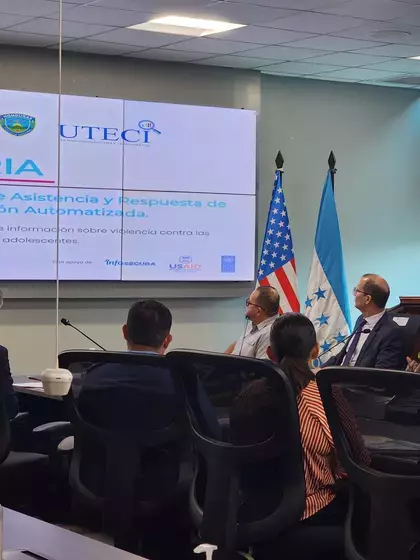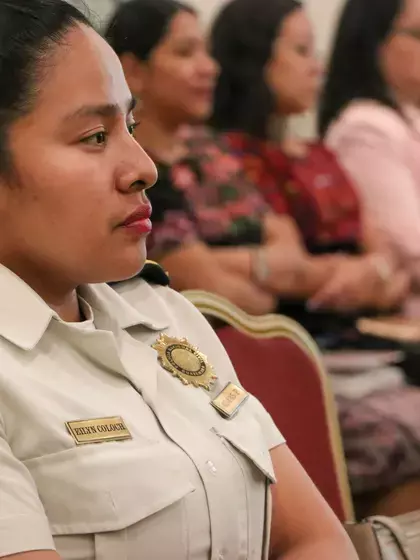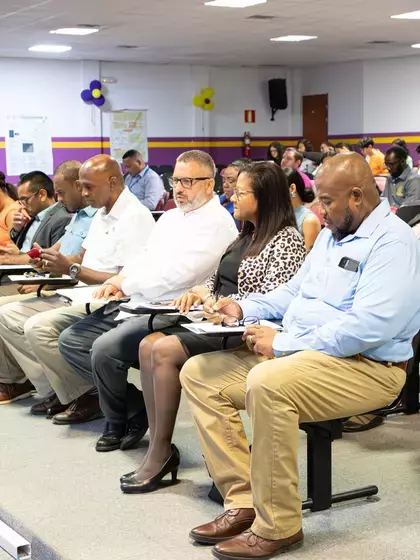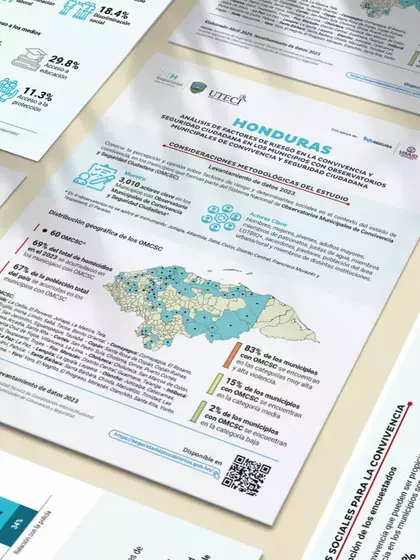CADSECI website upgraded for evidence-based decision making
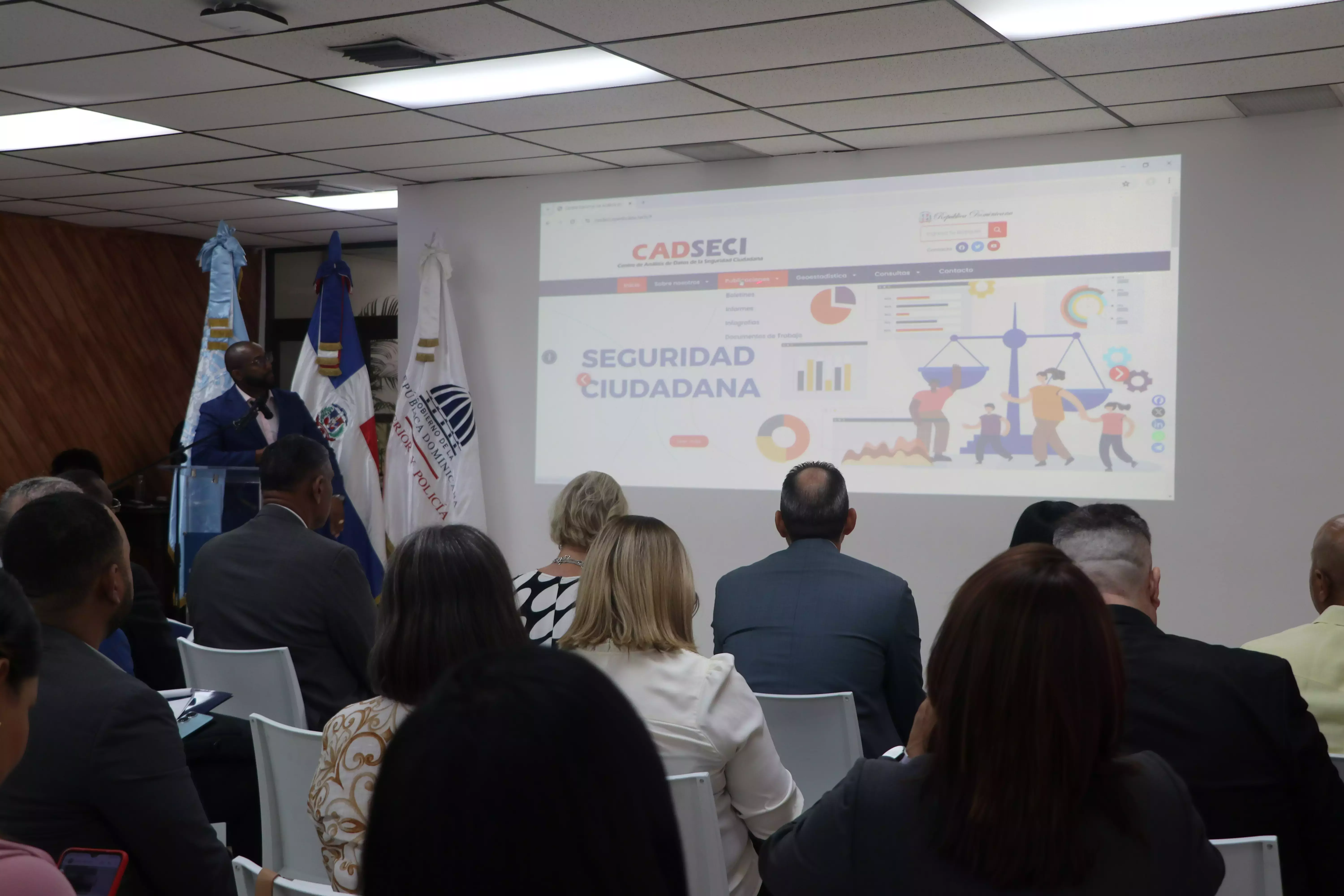
The Ministry of the Interior and Police presented the upgraded website of the Centre for Analysis of Citizen Security Data (CADSECI), an online repository of information on citizen security to inform evidence-based decision making processes in the Dominican Republic. This initiative was developed with the support of the InfoSegura Regional Project, which is implemented by the United Nations Development Programme (UNDP) and the United States Agency for International Development (USAID).
The website provides access to data from 2018 onwards, with access to crime trends, including homicide, injuries, suicide, automobile robbery and firearms. It has automated and dynamic data dashboards for interactive search of the set of indicators. In addition to displaying and downloading reports, the portal offers researchers, students, think tanks and other interested parties the option to download the databases.
During the presentation, Minister of the Interior and Police Jesus Vasquez remarked:
"With this tool, the public has an opportunity to get a look at up-to-date figures on violence and the situation in different places around the country in the convenience of their own homes."
In addition, he thanked the collaborating agencies and he emphasized the importance of the new website in providing safe, accurate and clear information/data on citizen security and on the Plan in the My Safe Country Comprehensive Citizen Security Strategy.
For her part, Inka Mattila, UNDP Resident Representative in the Dominican Republic, emphasized:
"Among its most outstanding achievements, the InfoSegura Project has prepared and disseminated eleven studies, systematically analysing citizen security and violence against women and girls, informing different public policies."
She cited the design of the Territorial Prioritization Index, developed with the Ministry of the Interior and the CADSECI for use in identifying and focusing resources in the territories that are most affected by insecurity. She also recognized the advances that the Dominican Republic has made in violence prevention/reduction and increasing citizen security by building capacities through workshops, seminars, trainings and working in an advisory capacity with different government institutions.
Robert Clink, USAID Acting Deputy Director in the country, reiterated the support the United States provides the Dominican Republic in terms of citizen security and commended the institution on progress achieved.
Alberto García of InfoSegura addressed issues of violence against women and girls. The Project undertook two studies and campaigns for violence prevention and reporting in collaboration with the Ministry of the Interior and Police, the Ministry of Women’s Affairs, the National Police and the National Statistics Office (ONE).
During the InfoSegura Project life cycle, it collaborated with a variety of institutions, notably the Ministry of Women’s Affairs, the Ministry of Education, the Office of the Attorney General of the Republic, the National Police Statistics Department, the Specialized Directorate of Attention to Women and Domestic Violence (DEAMVI) and the Missing Persons Investigation Department, the National Forensic Science Institute (INACIF), the National Directorate for Drug Control (DNCD), the National Statistics Office, the Distrito Nacional City Government as well as the Institutional and Justice Foundation (FINJUS).


